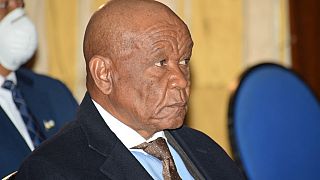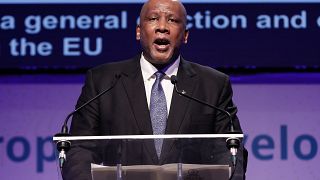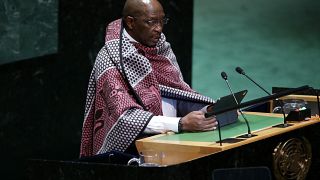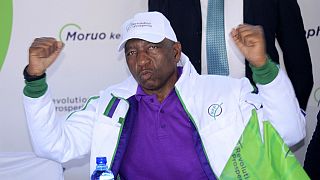Lesotho
Lesotho, a small kingdom perched in the mountains of southern Africa where political instability has ousted the heads of government of the past decade before their terms were up, is holding parliamentary elections on Friday.
The constitutional monarchy of 2.2 million people, which is landlocked within South Africa, has a long history of political turmoil. Coups d'état and forced exile have followed one another in the former British protectorate, which has been independent since 1966.
In 30 years of rule, Moshoeshoe II was twice forced into exile. The current king, his son Letsie III, succeeded him in 1996. In 2014, a failed coup led to the flight of the former prime minister, who was reinstated through foreign mediation.
The last campaign rallies last weekend gathered thousands of supporters under tents erected in the middle of the peaked massifs. Some came wrapped in the traditional woolen blankets of the Sotho herders, the country's main ethnic group.
In this mixed parliamentary system with a king who has no real power, the Prime Minister rules. But for the past decade, the country the size of Belgium has been ruled by coalition governments, with no party able to win an absolute majority at the ballot box.
The Assembly has 120 seats, with 80 elected by majority vote and 40 appointed by proportional representation.
Lesotho tried before the election to stabilize its system and prevent members from switching sides once elected, but the reform attempt, supported by the European Union, the United Nations, and neighbouring countries in the Southern African Development Community (SADC), failed.
Independent observers are on hand for Friday's elections.












01:37
Record participation at 24th Sofi Great Ethiopian Run
11:05
Africa's hight cost of climate change [Business Africa]
01:17
COP29 finance talks lag as the summit reaches its halfway mark
01:48
Mixed feelings among Senegal's residents about election, as government claims victory
01:00
Maori MPs stage haka protest against treaty bill
01:38
COP29: What next for Africa's energy transition?